Chelsea Fagan is a writer, home cook, and the co-founder and CEO of The Financial Diet. She lives in Manhattan with her husband and dog.
Tell us about The High Dive. What inspired the novel?
The High Dive is an enemies-to-lovers (or perhaps second chance?) romance that primarily takes place on a yacht. And I was inspired by a few things, but primarily my desire to write (and read!) a romance novel that was heavily centered on class and money, as well as my experience working at a yacht club. Obviously, there is no shortage of interest in the subject matter – I’m a big Below Deck fan, myself – but I think the upstairs/downstairs dynamic in fiction often demonizes or overly simplifies one side of the divide. I wanted there to be a level of messiness and moral ambiguity around all of the characters, regardless of their relationship to wealth and status.
You’ve built a huge platform through The Financial Diet and your nonfiction work. What drew you to writing fiction, and how does your approach differ when crafting a novel versus nonfiction?
I’ve always loved writing fiction, even as a child. And I’ve always found that writing about money and writing about love/sex are much more similar than they are different: often the most interesting and propulsive aspects of both are what goes unspoken, or the judgments and limitations we place on ourselves as a result of our relationships to these things. For me, writing both fiction and nonfiction are similar exercises – I write in a linear fashion, using a mix of voice notes and typing into a Google Doc – but I find nonfiction writing vastly easier.
What, if anything, felt different about launching this novel compared to your past work?
I try to view fiction writing – financially, professionally, personally – as a complete creative exercise. It’s my fun hobby, not my job. I stay within budget, of course, but I try not to put too many specific expectations on the outcome or reception, nor do I want to feel hemmed in by a self-identification of “novelist.” With my first novel, though, I was really unable to do this in practice and had a minor breakdown pushing myself to make it a success and establish myself in the space. With this book, I had a much lighter touch. My approach felt more like, “Hey, here is this thing I loved writing. Maybe you’ll love reading it, too?” And that has given me such a level of healthy detachment, as well as an ability to focus on the purely creative aspects of the work.
How do you navigate the balance between running a major media company and carving out time for creative writing? Do the different roles feed each other or work in opposition?
We have a four-day workweek at our company, so finding time is relatively easy, especially without kids. And I find that having more than one major role (and therefore more than one identity) is extremely helpful from a mental health perspective. I can dip in and out of each, take joy in the successes without being quite as stung by the failures because I have other things going on, and other titles that I identify with. Any time I feel too bogged down in (or even too aware of) things that are going on in the “writer community,” or the “YouTuber community,” or the “personal finance community,” I have a strong feeling that I need to divest a bit and focus on other things. Being too caught up in any one professional or creative feedback loop is never good for our sense of self.
What’s something you’re currently reading or watching that’s creatively fueling you?

I’m reading a ton this summer, and I’ve been on a great streak of enjoying everything I’ve read. I’ve been focusing a lot on books that deal heavily in the topics of love, sex, and romance, but wouldn’t be considered “romance novels” – like a recent title I loved, Too Soon – and I find that reading in this category pushes me to think more critically and creatively about my own relationship to the genre of romance. What makes a book romantic, or a couple’s story engaging? What makes a book sensual or erotic, and does that require actual sex on the page? What do thoughtful, moving endings look like that aren’t necessarily happily ever after?
Buy the book now: Bookshop.org | Amazon | Barnes & Noble
What are some must-haves for your writing environment? (sound, snacks, music, etc.)
Unless I am writing via voice-to-text app (which I often do while walking/pacing), I am usually writing in the lobbies of hotels. It’s my favorite place to people watch while getting some creative work done. As far as what I’m drinking, it’s usually a cappuccino with a large bottle of sparkling water, or maybe a Campari spritz if I make it all the way to cocktail hour.
What would you say is your biggest writing hurdle (perfectionism, self-doubt, procrastination) and what are some tools you’ve developed to manage it when it arises?
I am not exaggerating when I say I don’t have writing hurdles, in the sense of things that prevent me from writing or writing the way I want to. I think a lot of this is using voice-to-text to fill in gaps or write at inconvenient moments if the mood strikes. But it’s also in accepting that no project will ever be perfectly finished by some imaginary standard, and that it’s important to accept and love each version of your work for what it is. I personally love going back and reading old work – even old early drafts – and seeing things I would do differently now doesn’t make me cringe, it makes me excited for the next project. Our lives, as well as our creativity, are living, breathing things. We are always a work in motion, and accepting that constant state of evolution is part of making peace with your creations, and shaking off any sense of paralyzing expectation for yourself.
What’s the best writing advice you’ve ever received?
The first draft is supposed to be terrible, but you just need to get something on paper. All the real work will happen in editing.
What’s something you’ve learned that you wish you would have known when you first started writing/publishing?
The real work – if you want to make a living from writing – is going to be in connecting your books with the right readers, and that is marketing. Many writers turn their noses up at the work of marketing, or think they can completely outsource it to a publisher. This isn’t a bad thing necessarily, but it means that unless you’re winning a lottery within a lottery (i.e., having a book published and having it be very successful without any major effort on your end), it’s not going to be financially sustainable and should just be treated as a hobby.
What are you working on next?
I have a nonfiction book about hosting and gathering in the home coming out October 21st with Penguin, and I’m working on my third romance novel as we speak! I hope to see it out in summer 2027. And, of course, I have my actual job. 🙂

The High Dive by Chelsea Fagan
Ten years ago, Alexandra Onassis graduated Columbia University and left her ultra-wealthy circle behind for a career in politics. But when two of her college friends host a ten-day yacht trip before their wedding, she’s forced back into the world she loathes. Enter Danial Azad, her academic-rival-turned-enemy whose existence opposes every principle she holds dear. But Alex must face that Danial is more than meets the eye, and she might just fall for what’s behind his façade.
Buy the book now: Bookshop.org | Amazon | Barnes & Noble


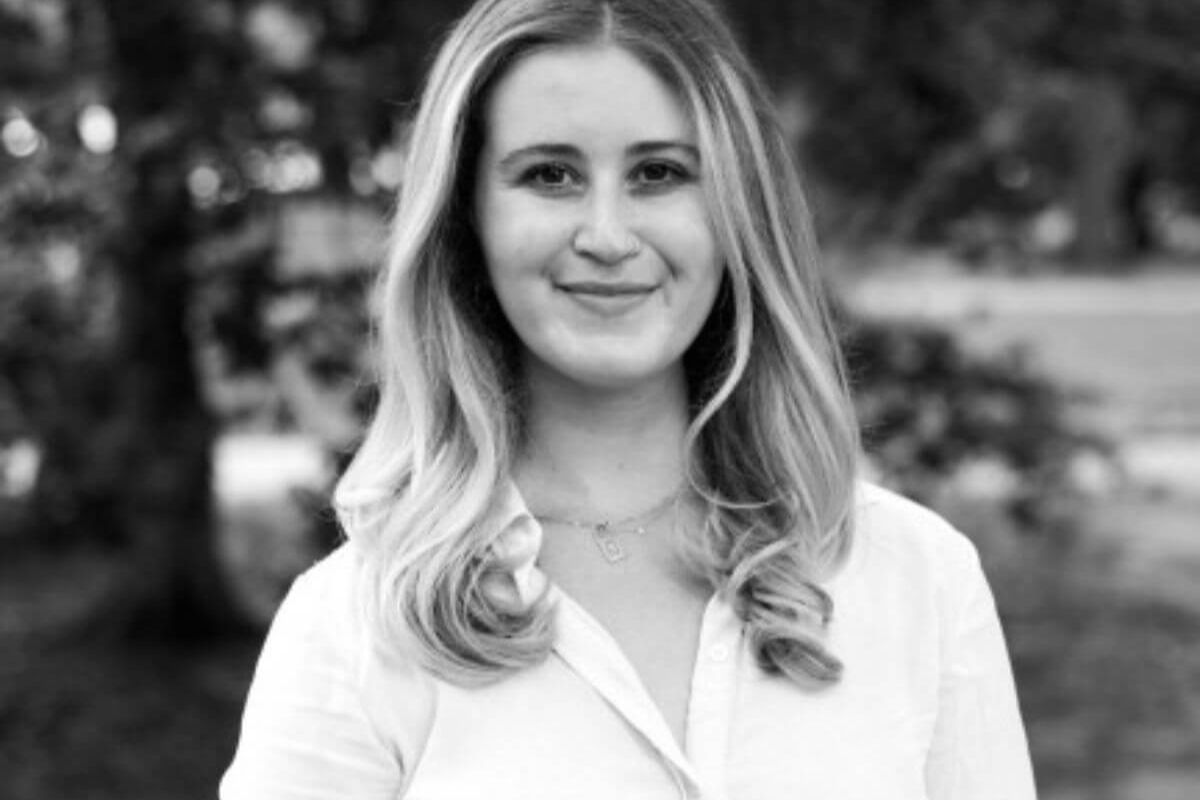
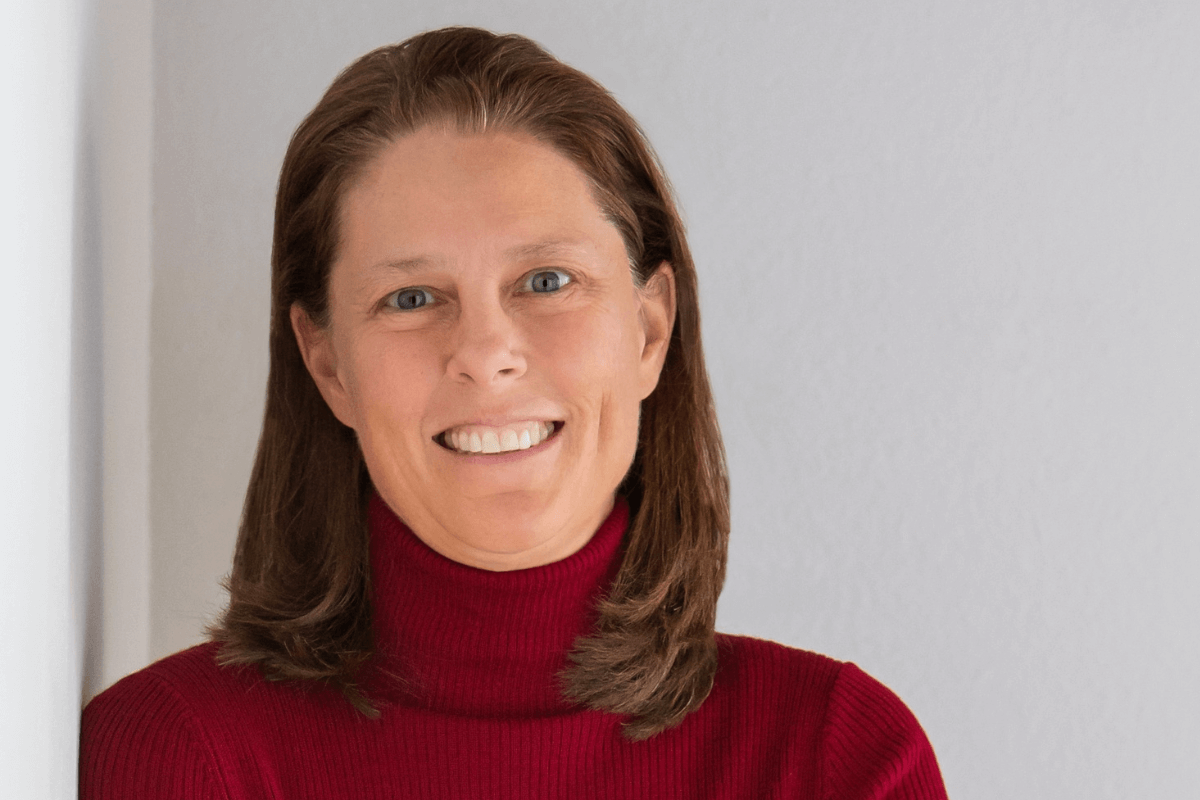
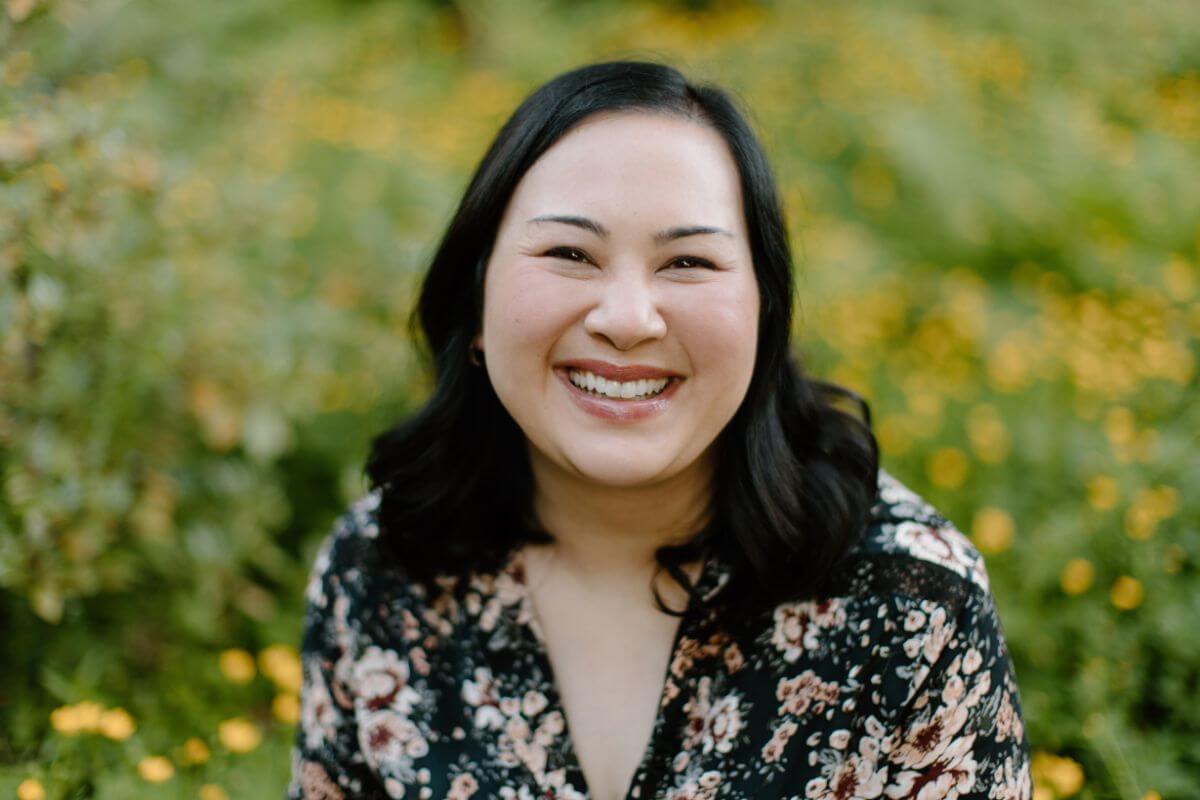
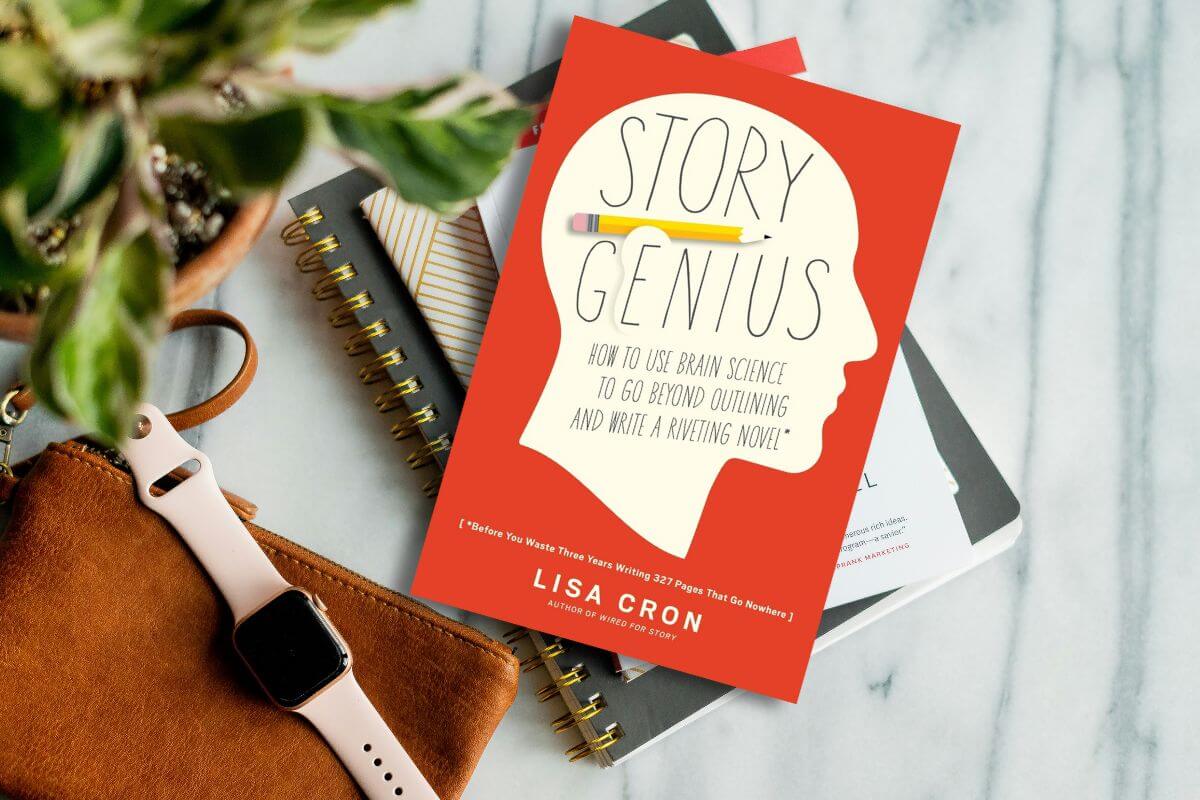
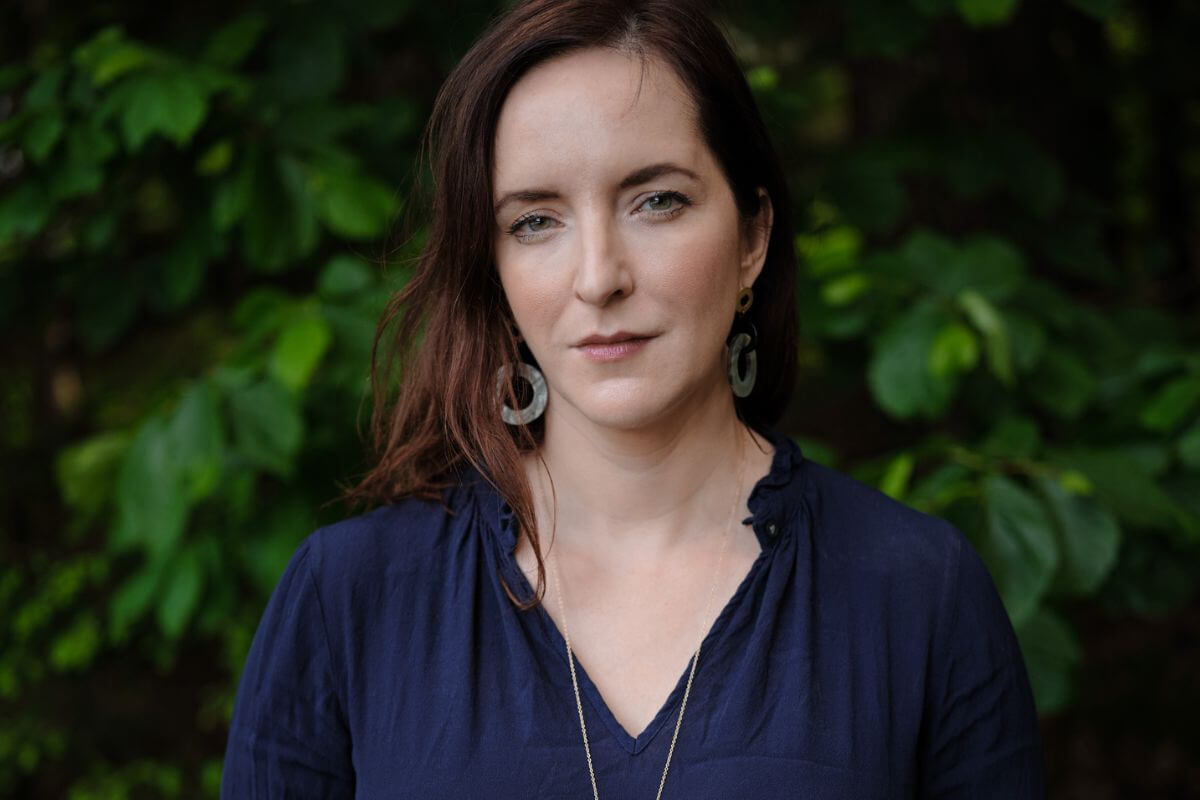
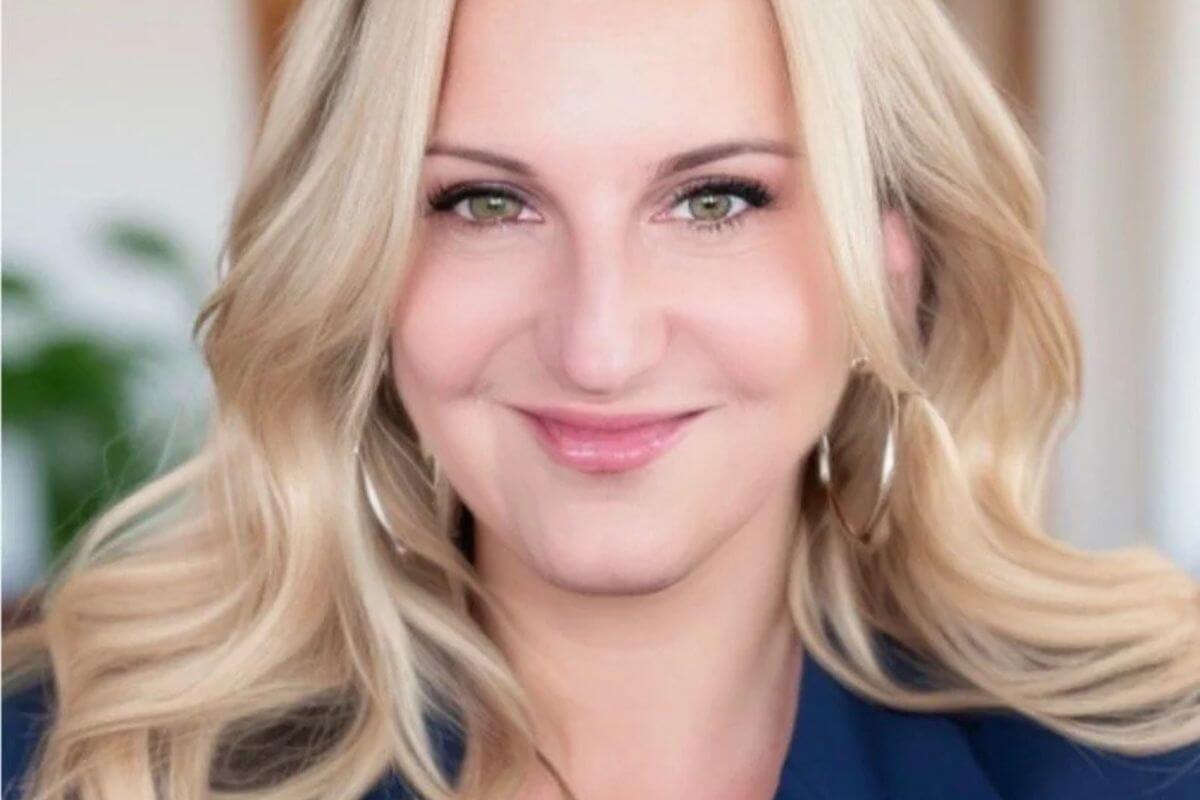
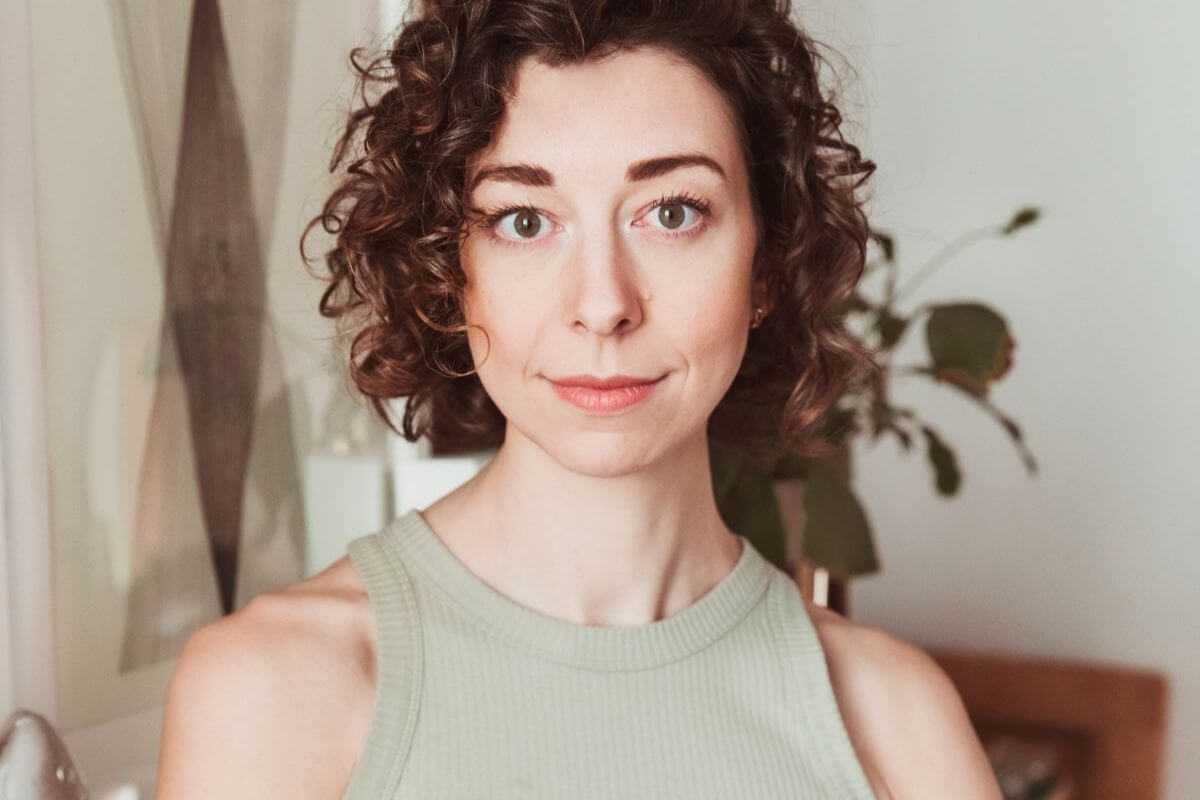
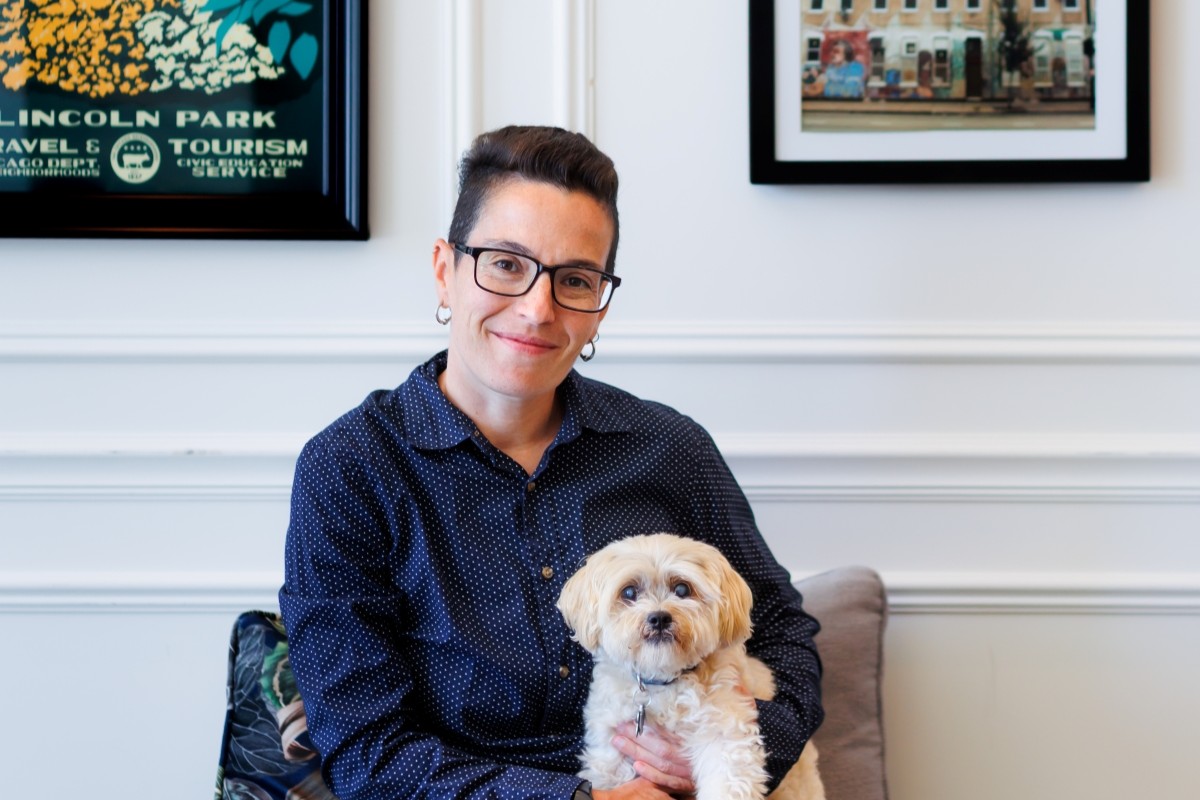

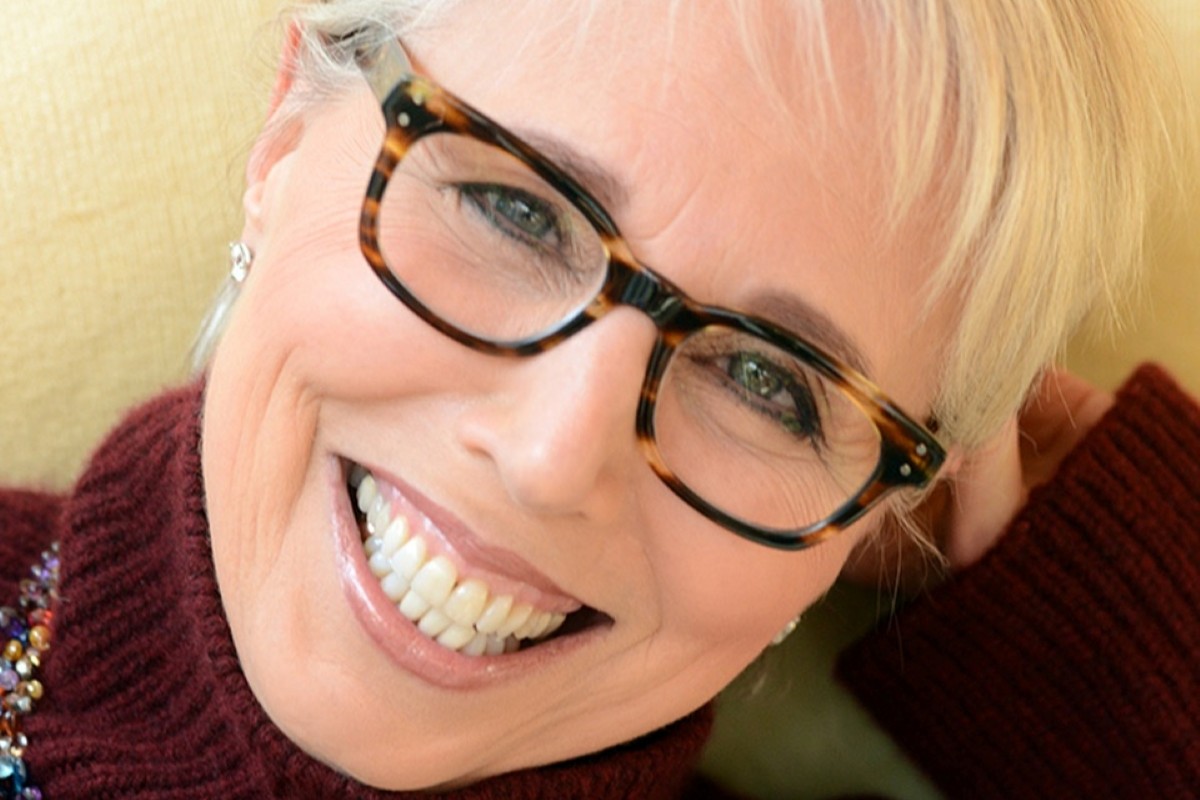
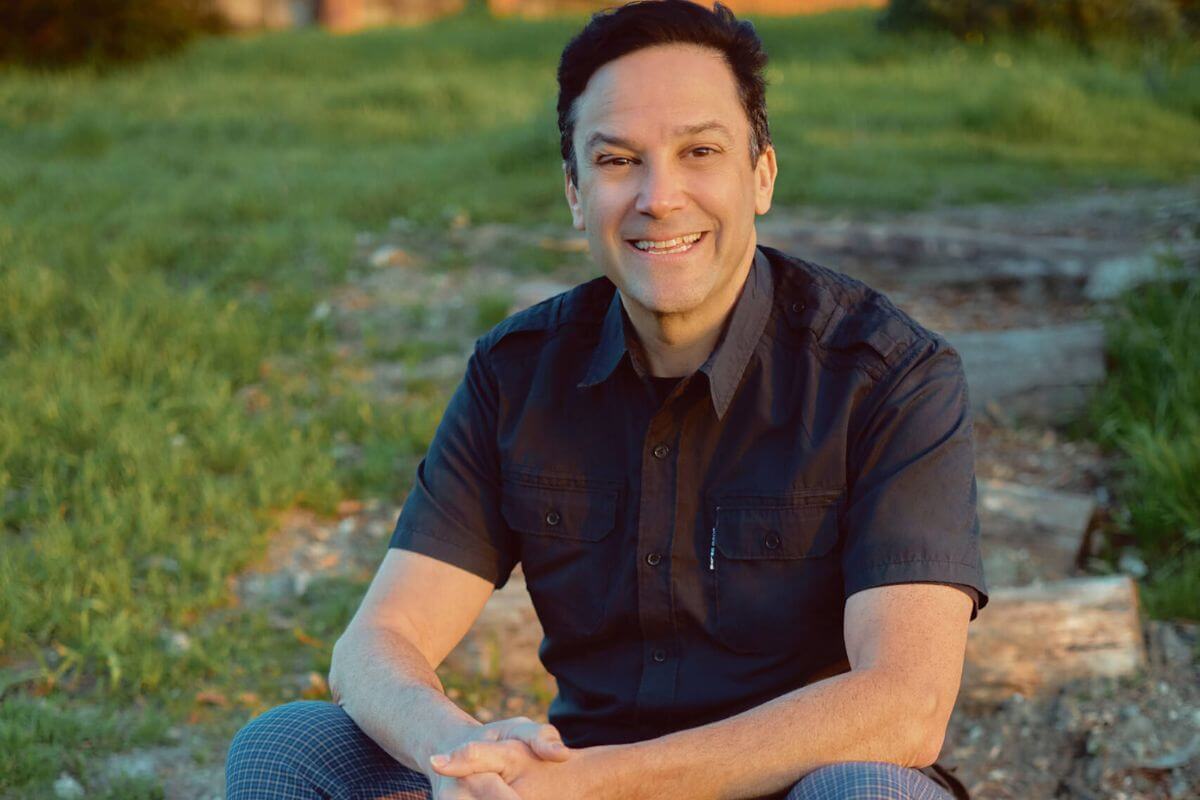
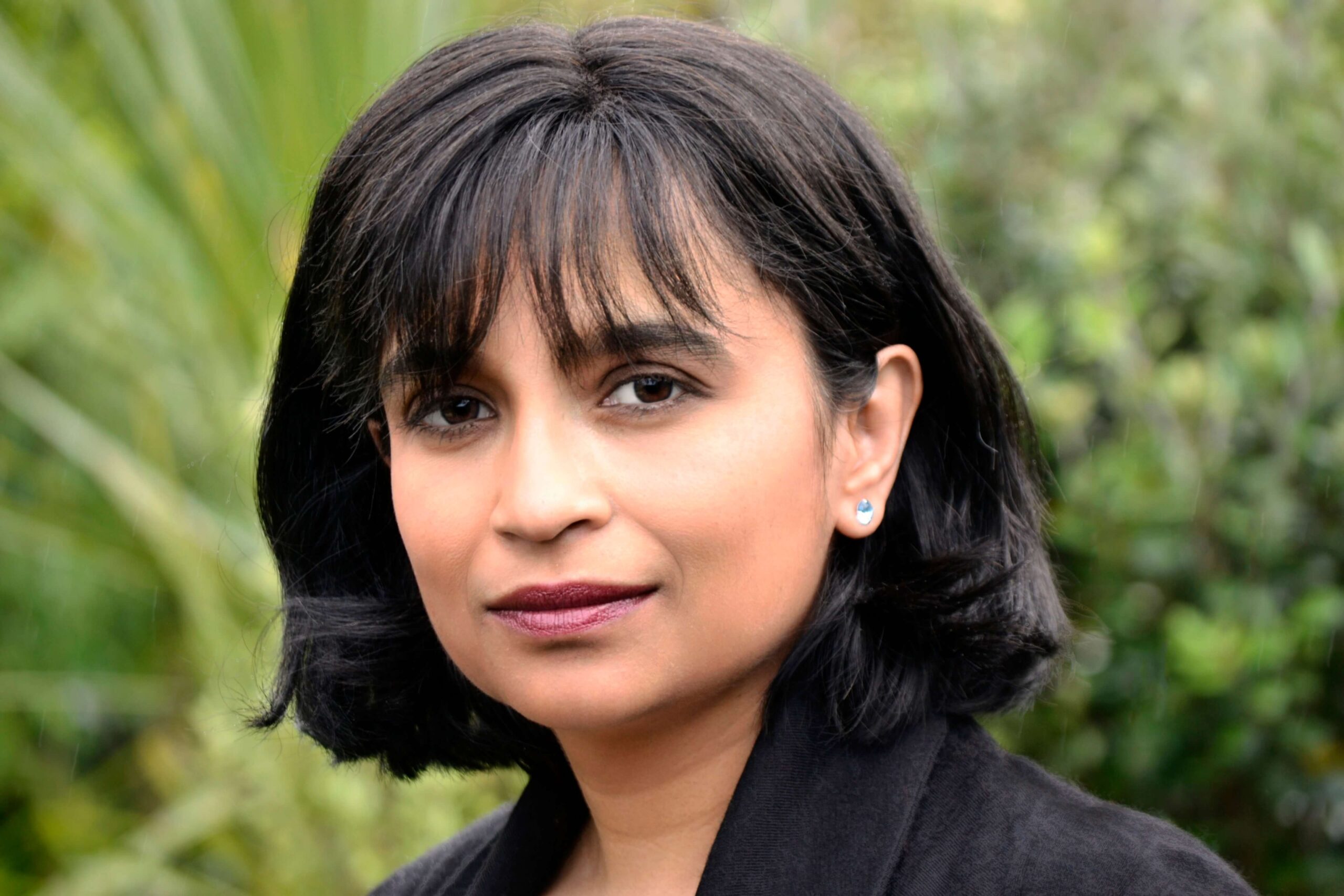
Leave A Comment